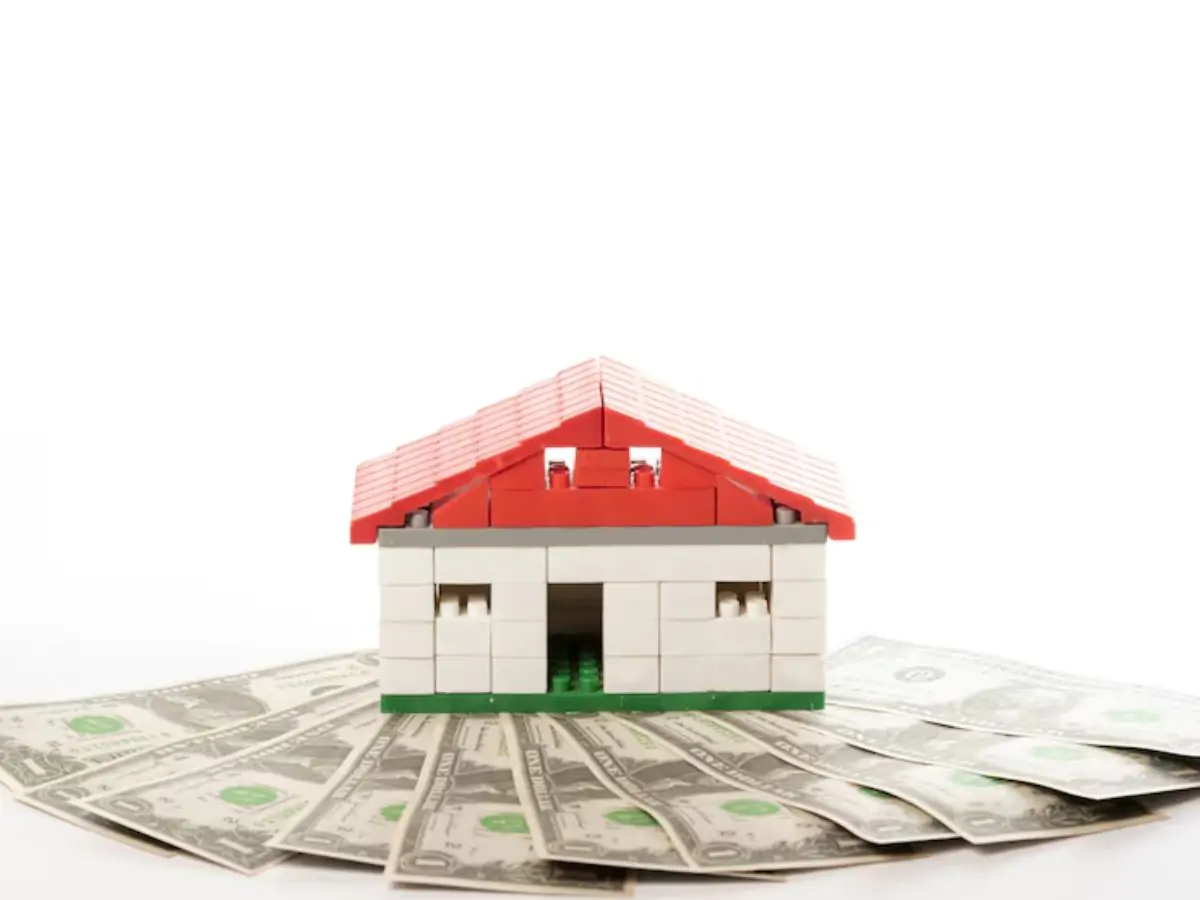
What Is a Tax Sale Property and How Do Tax Sales Work?
When you think about buying a home, you probably picture a simple process: find a house, get a mortgage and move in. But what if we told you there’s a way to buy homes for a fraction of their market price?
It’s called a tax sale and it happens when homeowners fail to pay their property taxes. But before you get too excited, know this: tax sales aren’t like regular home purchases and come with risks and rewards. Let’s break it down to help you understand how tax sales work and if it’s right for you.
What Is a Tax Sale Property?
A tax sale property is a home or piece of real estate that’s being sold because the owner failed to pay their property taxes. Local governments rely on property taxes to fund essential services like schools, roads and emergency services. When homeowners don’t pay their taxes, the government steps in to recover that money. This is where tax sales come into play.
There are two main types of tax sales:
- Tax Lien Sale (Buying the Debt): Instead of selling the property, the government sells the outstanding tax debt to the highest bidder. The buyer, now the lien holder, has the right to collect the unpaid taxes plus interest from the homeowner. If the homeowner fails to repay, the lien holder can initiate foreclosure proceedings.
- Tax Deed Sale (Buying the Property): The government seizes the property and sells it outright at an auction. The winning bidder gains full ownership.
Each U.S. state has its own rules governing these sales, making it essential for investors to research local laws before diving in.
Why Investors Love Tax Liens: Tax liens can be a low-risk way to earn big returns. Interest rates on tax liens vary by state but can be as high as 18%. However, the downside is that if the homeowner pays the debt, the investor doesn’t get the property—just the interest.
Why Buyers Love Tax Deed Sales: Tax deed sales can be a way to buy properties at a steep discount. However, there’s a catch: you often can’t inspect the property before buying it, and it may come with hidden issues like structural damage or environmental hazards.
How Do Tax Sale Properties Work?
Tax Lien Sales
Many states use tax lien sales as a way to recover unpaid taxes without immediately forcing homeowners out of their properties. The process typically follows these steps:
- A property owner fails to pay property taxes.
- After a waiting period (which varies by state), the local government intervenes.
- The unpaid taxes are auctioned off at a tax lien sale.
- The highest bidder receives the tax lien and the right to collect the debt, plus interest.
- The homeowner must repay the lien holder within a redemption period or face the wrath of foreclosure.

Twenty-nine states, plus Washington, D.C., Puerto Rico and the U.S. Virgin Islands, allow tax lien sales. Interest rates on liens vary widely by state. For example, Florida has a maximum interest rate of 18%, whereas Iowa caps it at just 2%, according to the National Tax Lien Association.
If the homeowner repays the debt, the lien holder earns a profit from interest. If the redemption period expires, the lien holder can pursue foreclosure—a lengthy and costly legal process that doesn’t always guarantee ownership.
Tax Deed Sales
Tax deed sales offer a more direct path to ownership. Instead of buying a lien, investors buy the actual property. The process generally follows these steps:
- A homeowner fails to pay property taxes.
- The government seizes the property after a statutory waiting period.
- The property is sold at a public auction to recover the owed taxes.
- The winning bidder receives a tax deed, giving them ownership rights.
Unlike tax lien sales, tax deed sales offer immediate ownership but also carry risks like competition from other bidders and hidden property defects.
How Investors Make Money from Tax Sales
Tax sales can be profitable but they require wise strategy.
Profiting from Tax Liens: Investors earn interest when homeowners repay their debts. Yet if the homeowner defaults, foreclosure can be expensive and time-consuming.
Profiting from Tax Deed Sales: Buying a property outright at a tax deed sale can yield juicy returns if the home is acquired below market value. However, investors often face competition from experienced bidders, which drives up prices.
Risks of Buying Tax Sale Properties
While tax sales provide opportunities, they are not for the faint of heart. Here are the key risks.
Unknown Property Condition: Tax sale properties are typically sold “as-is.” In many cases, buyers cannot inspect the interior beforehand. Hidden structural issues, code violations and environmental hazards (like asbestos or radon) can turn a bargain into a nightmare.
Eviction Challenges: If a homeowner or tenant still occupies the property, the new owner may have to navigate legal eviction procedures, which can be costly and time-consuming.
Title Issues: While tax deed properties should be free of mortgages and prior liens, mistakes happen. Title insurance is usually unavailable for recently acquired tax sale properties, leaving buyers vulnerable to claims against the home.
Redemption Periods: In some states, tax deed sales come with a redemption period, meaning former owners may still have a window of time to reclaim their home by paying overdue taxes. Investors must account for this uncertainty.
Key Considerations Before Investing
If you’re considering tax sale properties as an investment strategy, take these steps.
Research State Laws: Every state has different tax sale rules. Understand the interest rates, redemption periods and foreclosure procedures before bidding.
Attend Auctions in Person: While some auctions are held online, attending in person can provide valuable insights into the bidding process and competition.
Verify Property Liens: Even in tax deed sales, some properties may still carry secondary liens or legal complications.
Set a Budget: It’s easy to get caught up in bidding wars. Set a maximum bid based on thorough research.
Consult Experts: Work with real estate attorneys, title professionals and seasoned tax sale investors to navigate the process expertly.
The Bottom Line
Although tax sale properties can be a great way to buy real estate at a discount or earn high returns on your investment, they’re not for everyone. The process can be complicated, and manifold risks are involved. And if you’re looking for a simpler way to buy a home, you might want to stick with traditional methods.
Still, tax sales could be a lucrative opportunity if you’re willing to do your homework and take on those risks.
Whether you’re an investor looking for your next big deal or a homebuyer searching for a bargain, understanding how tax sales work is the first step to making an informed decision. So do your research, weigh the pros and cons and proceed with caution. Happy bidding.



